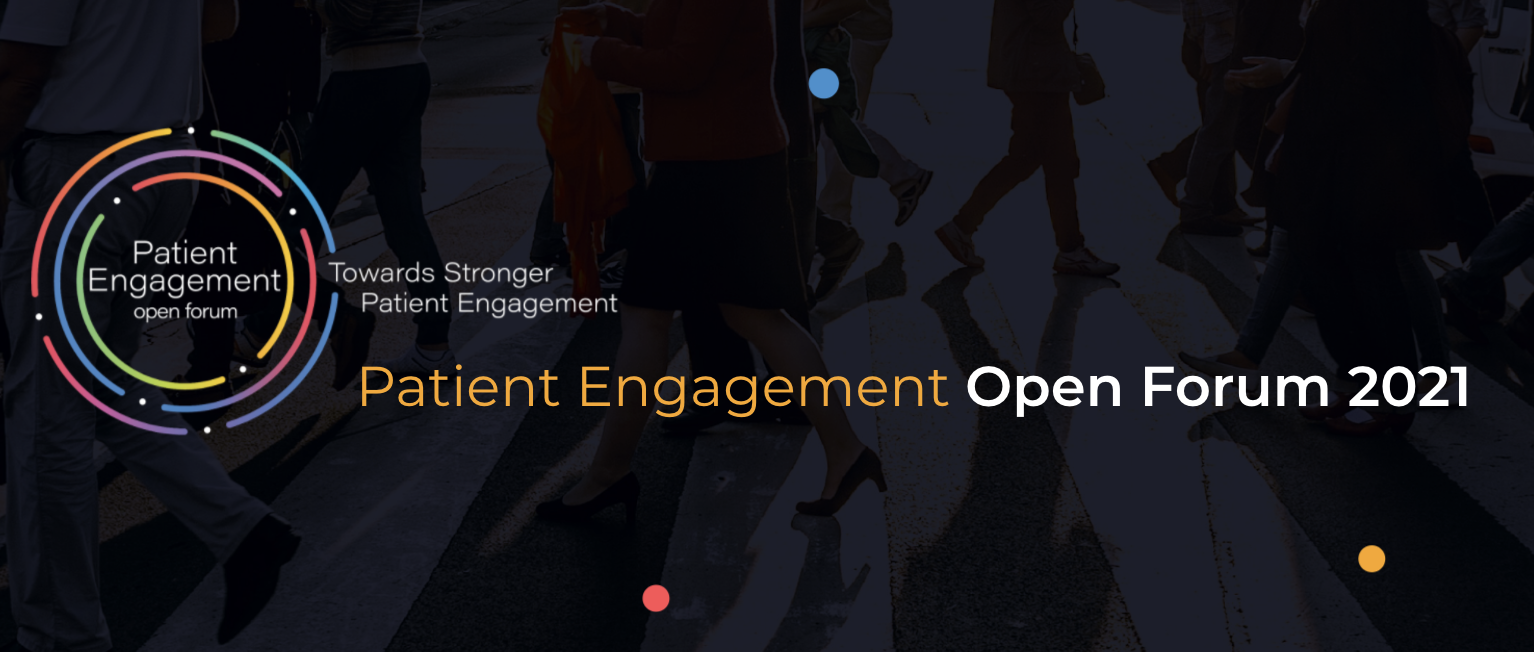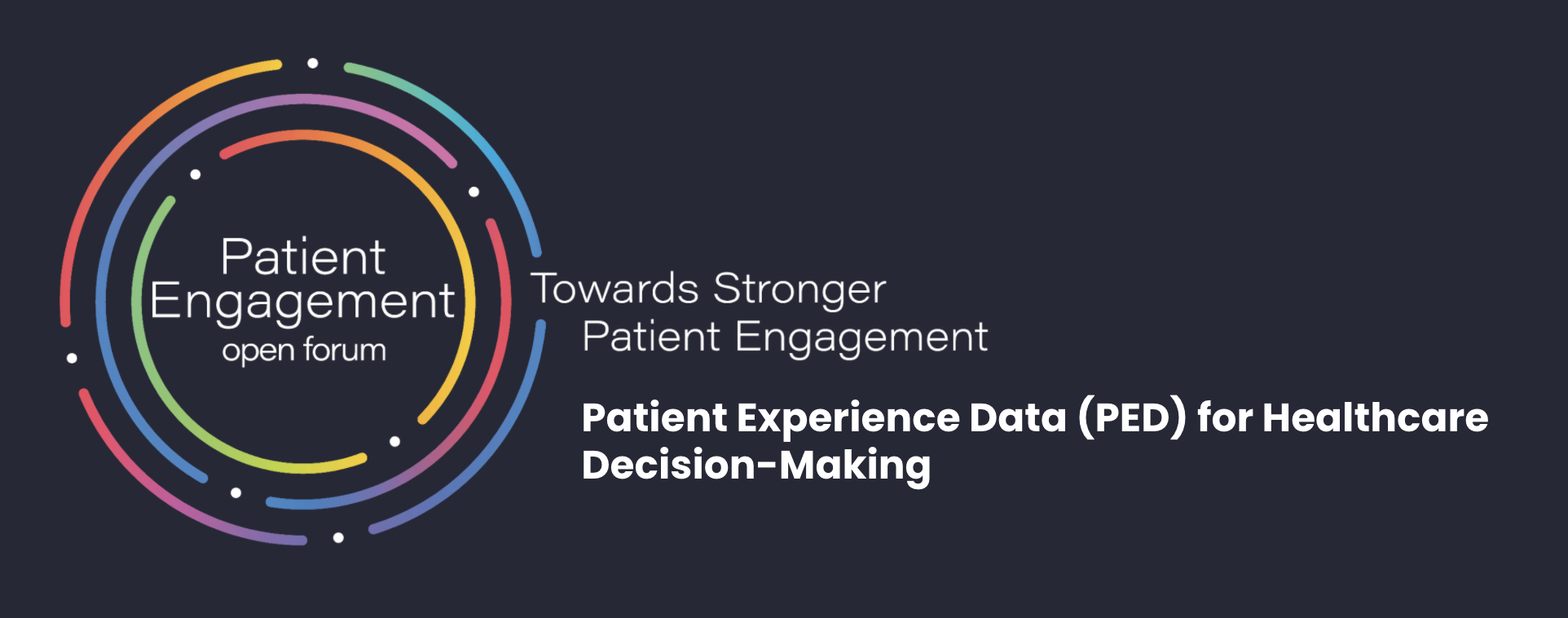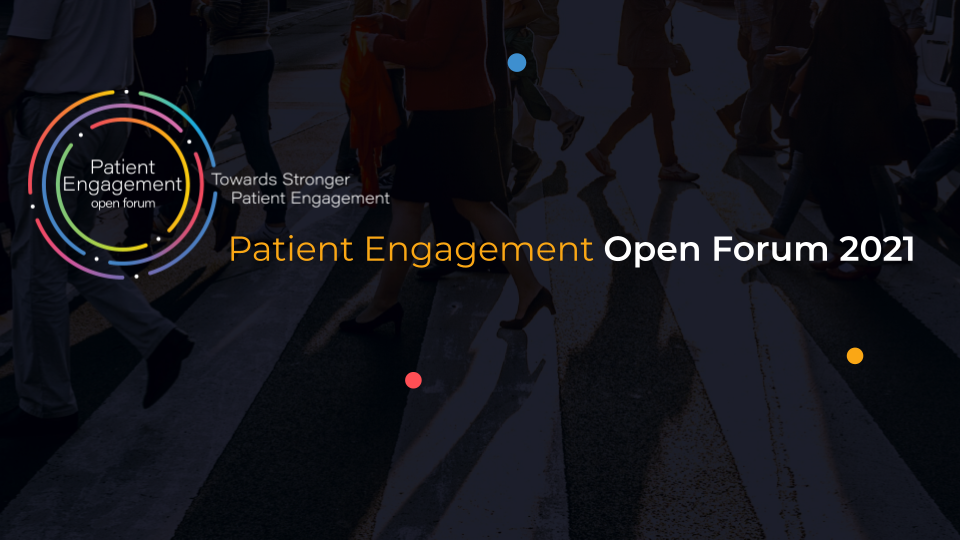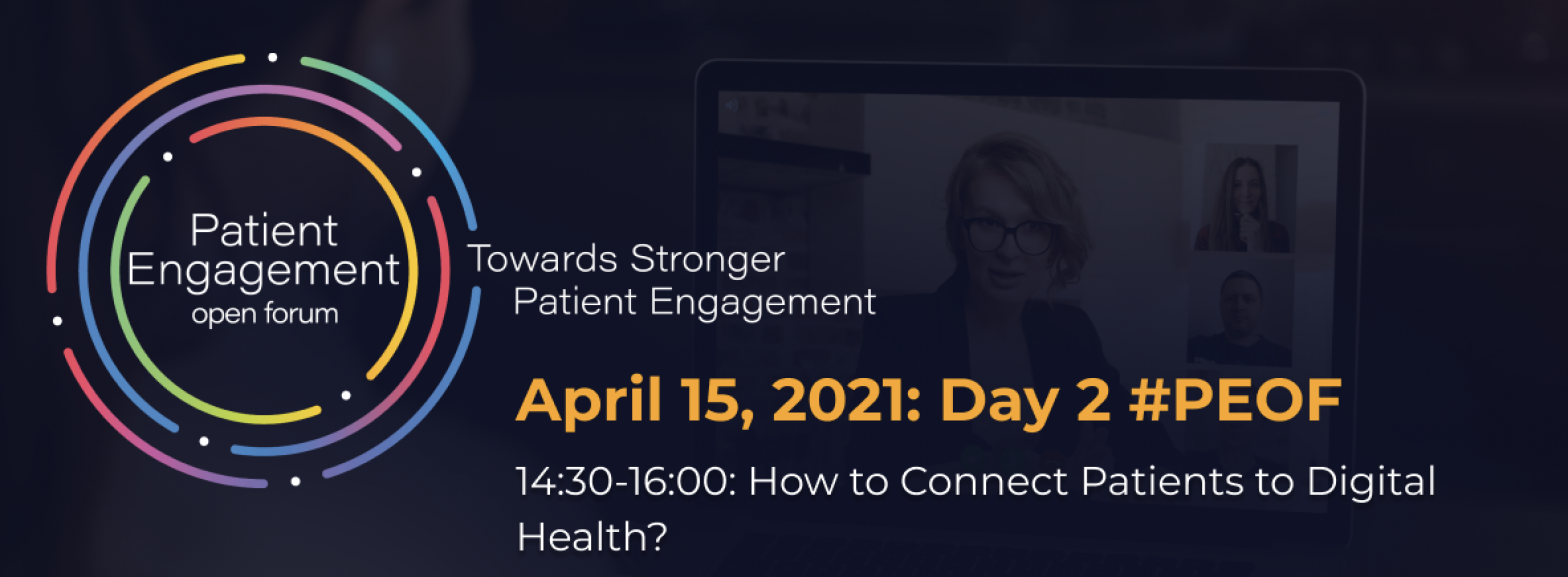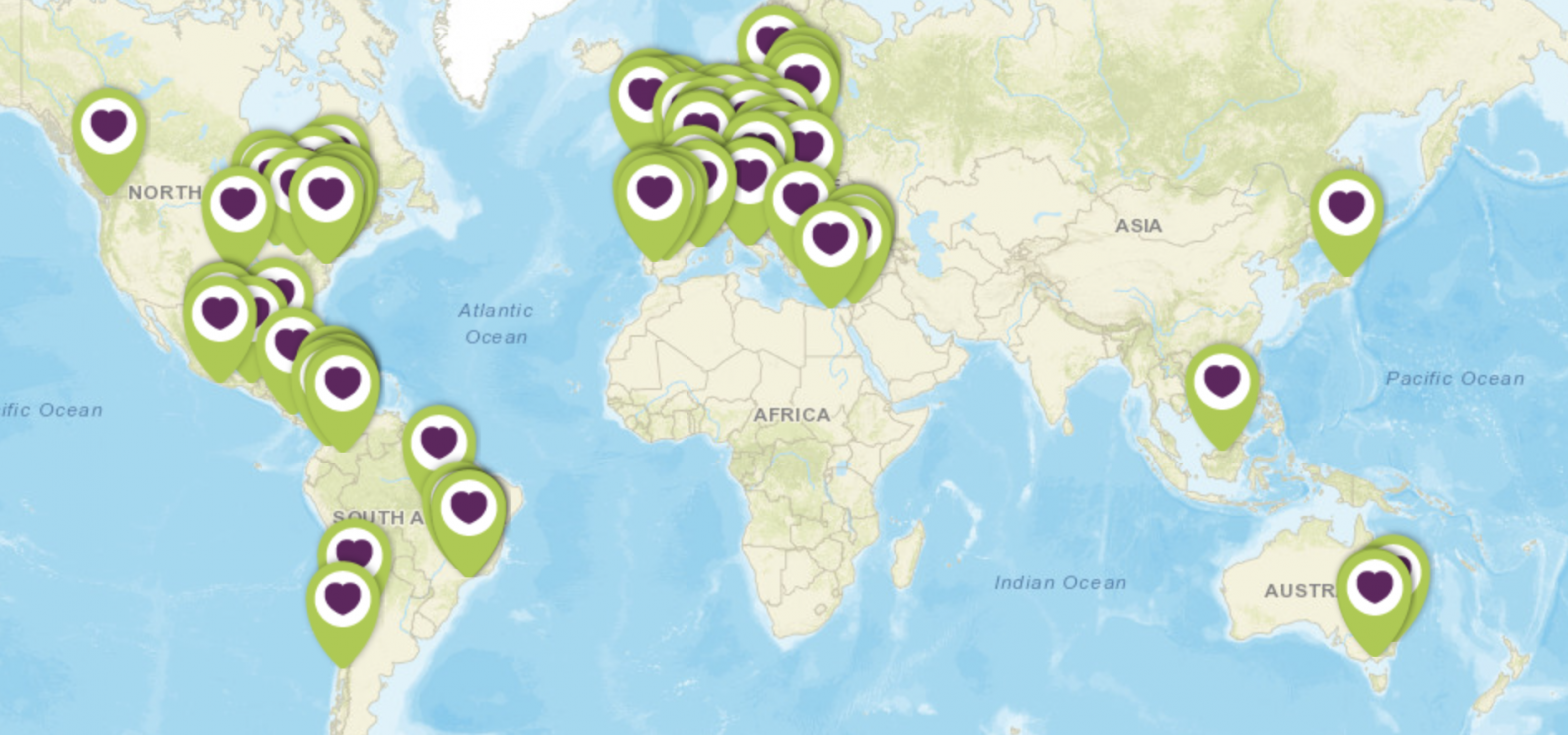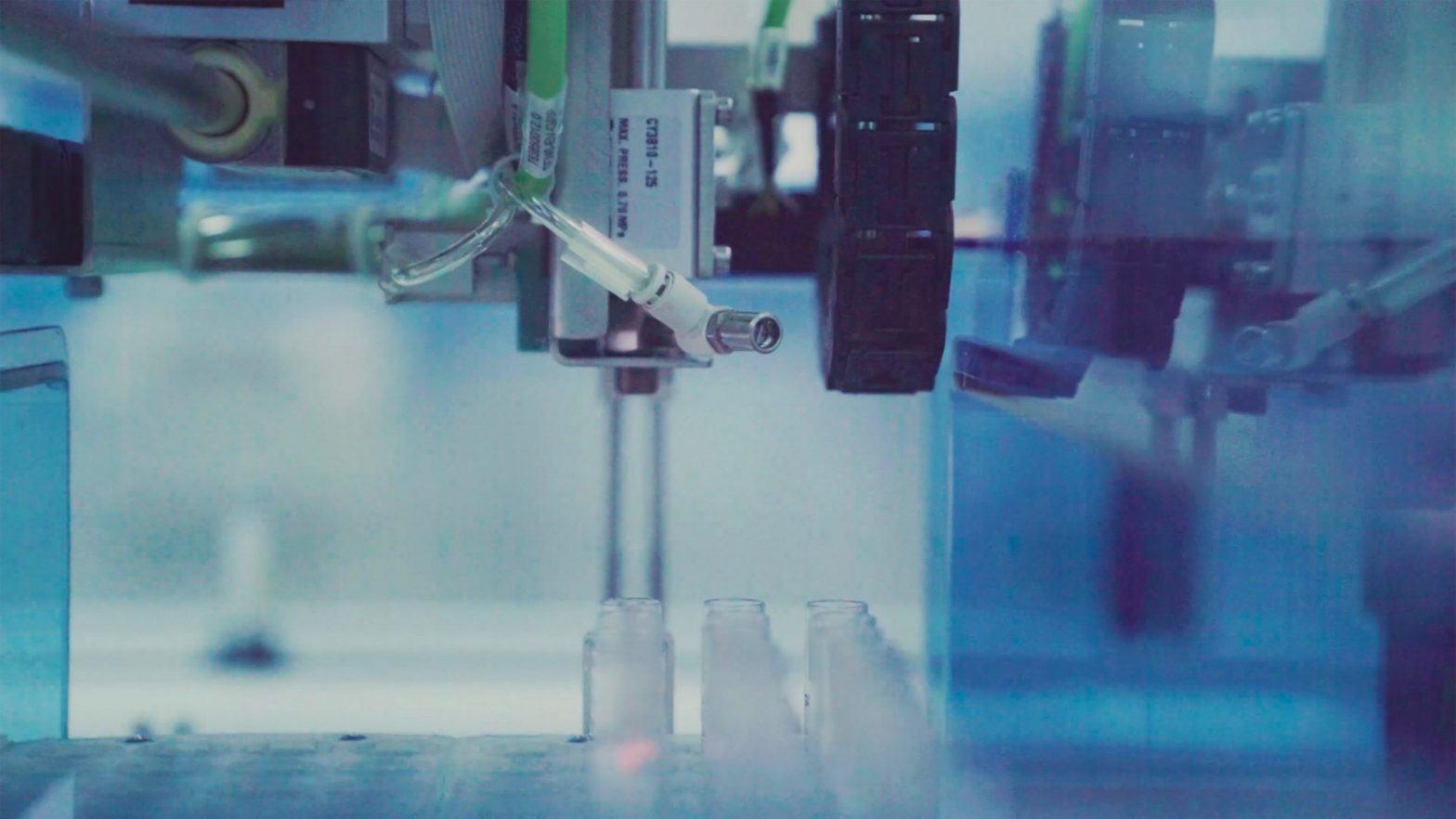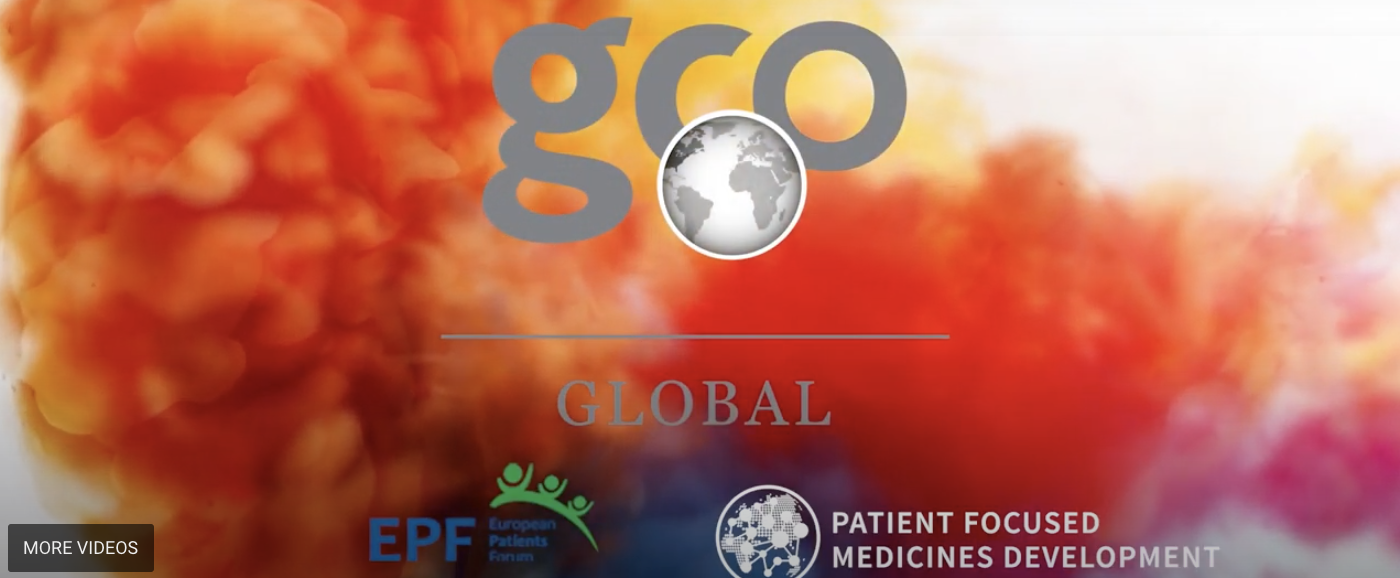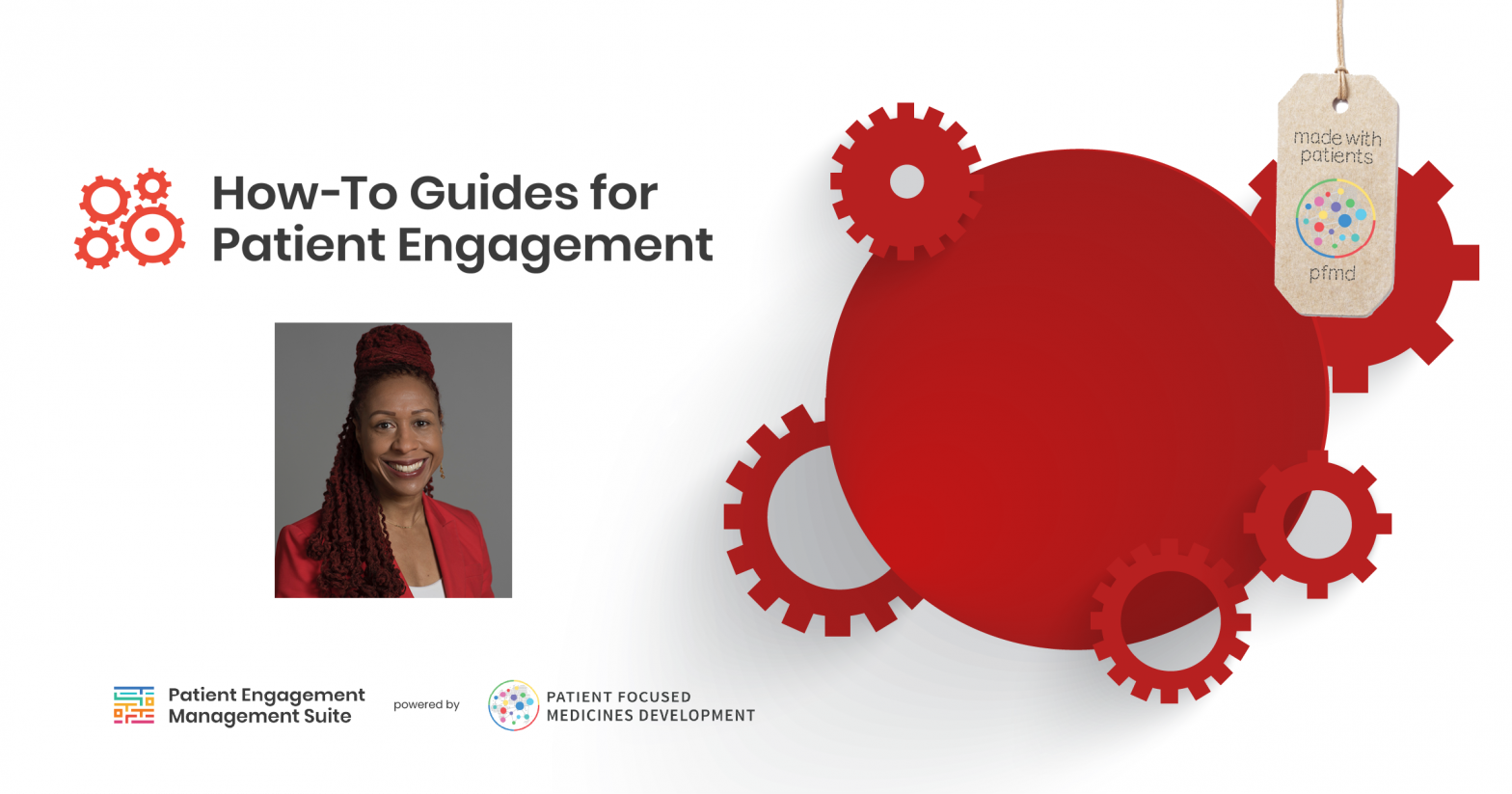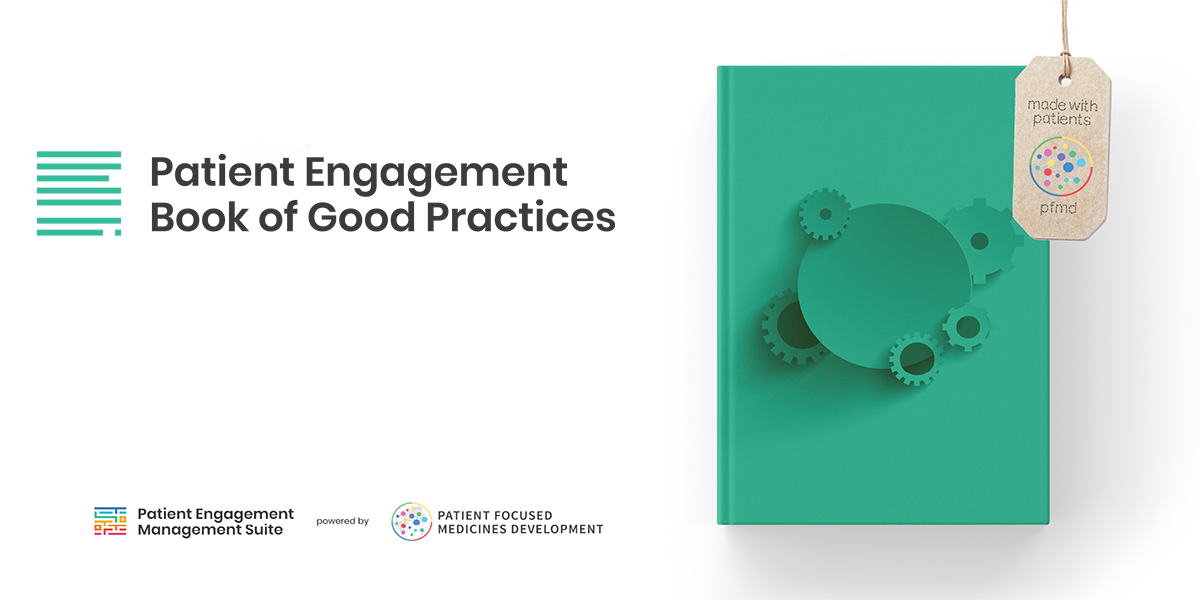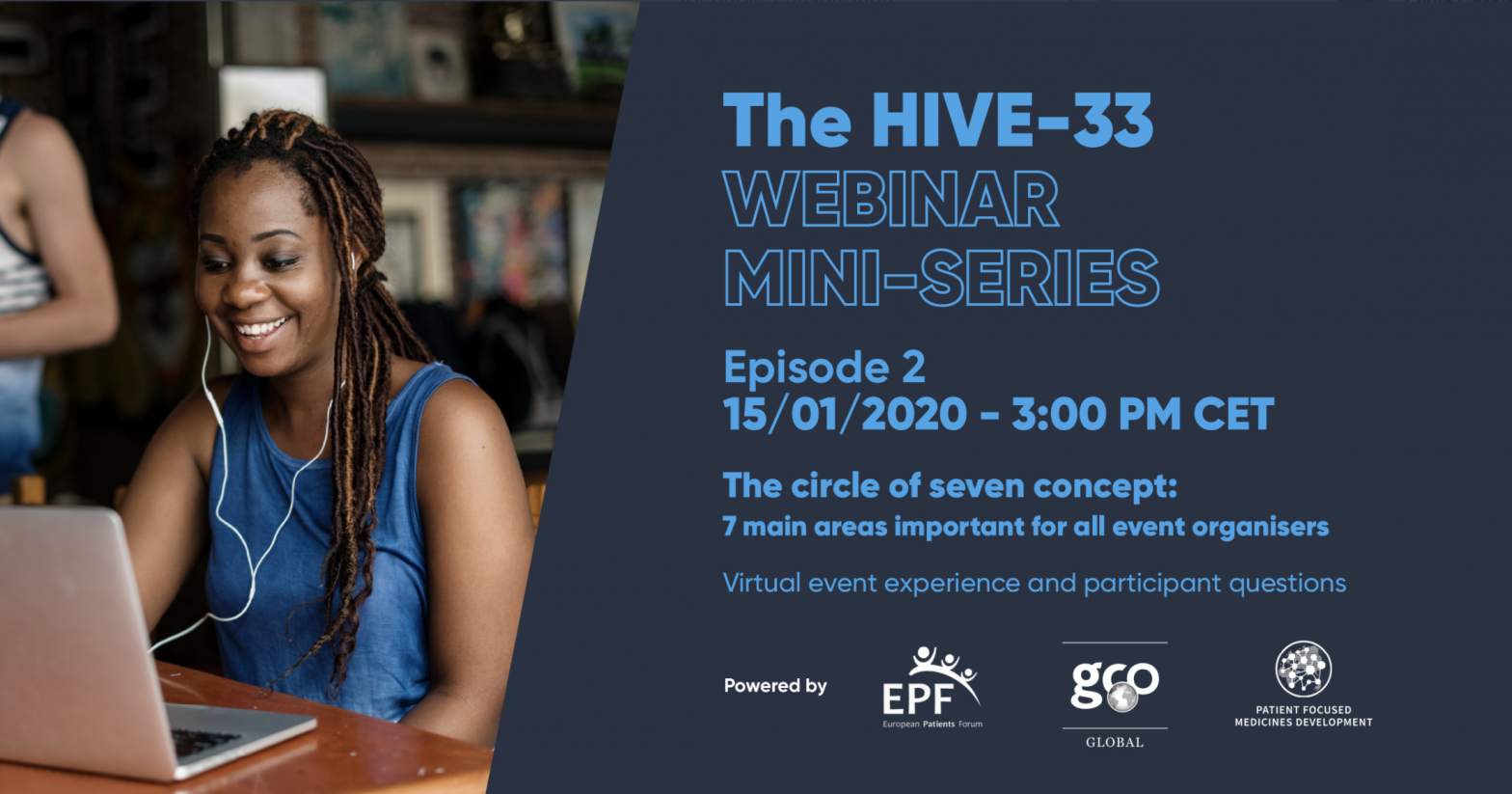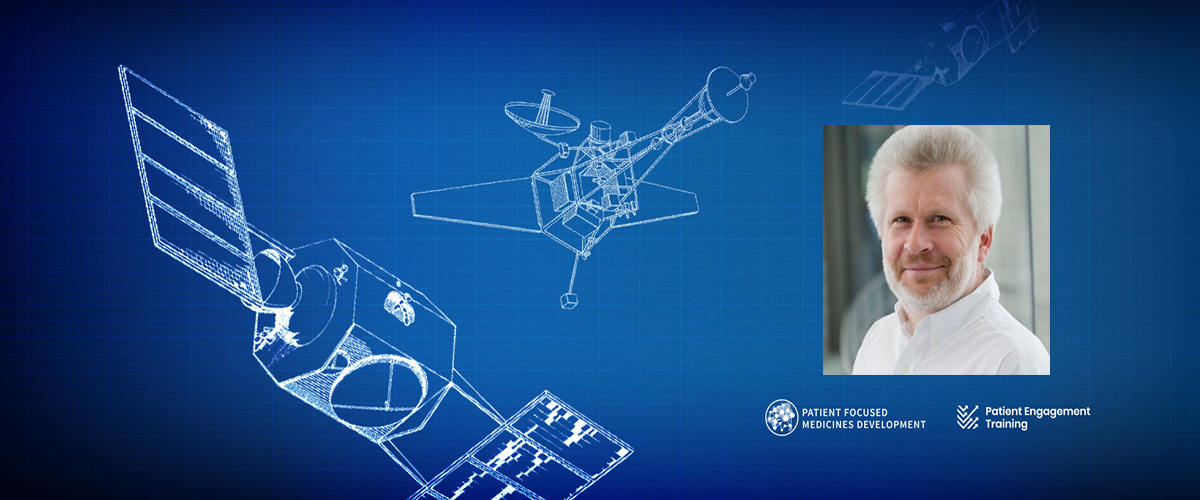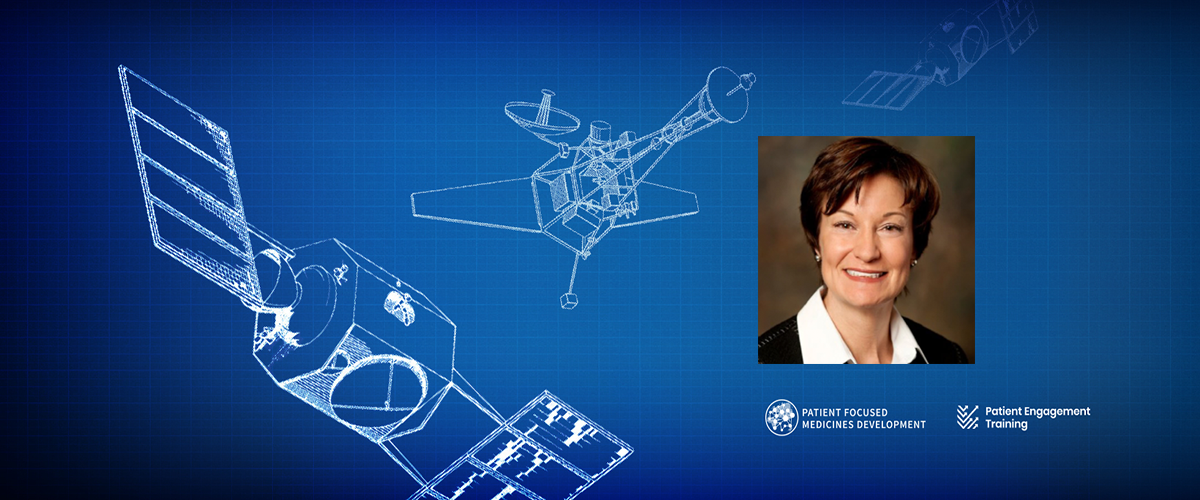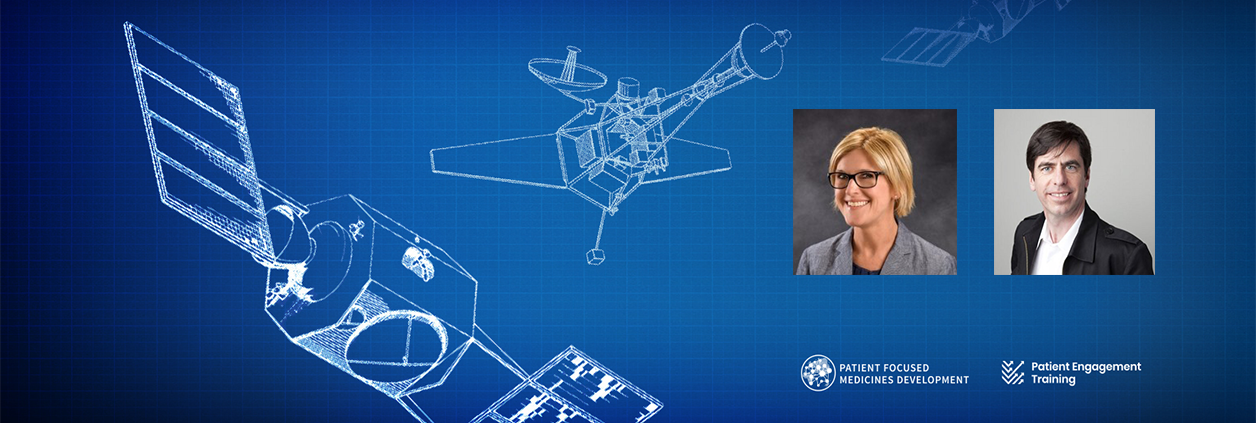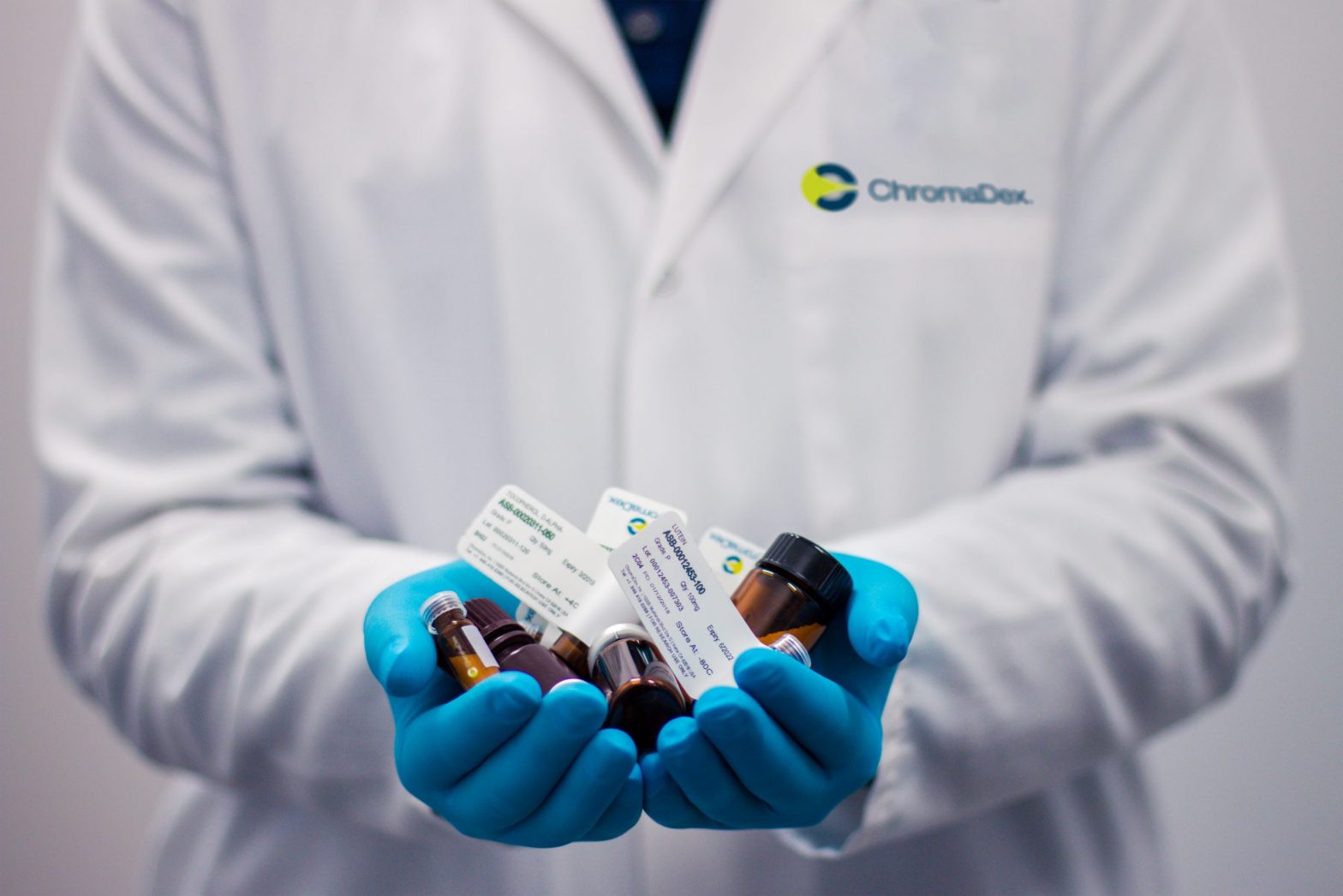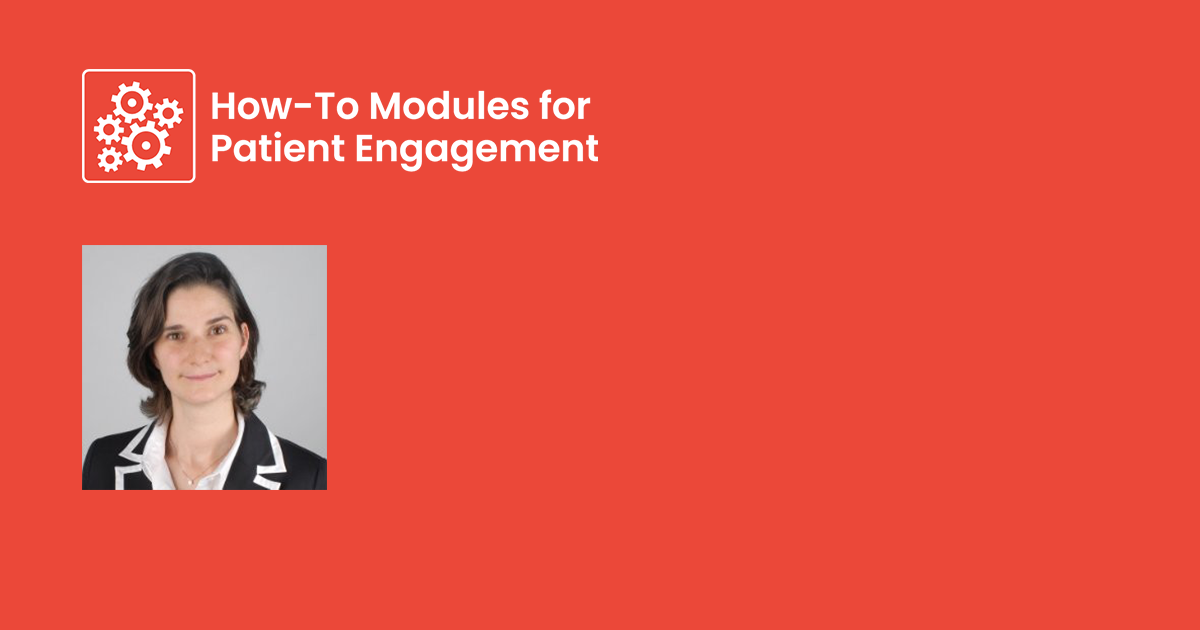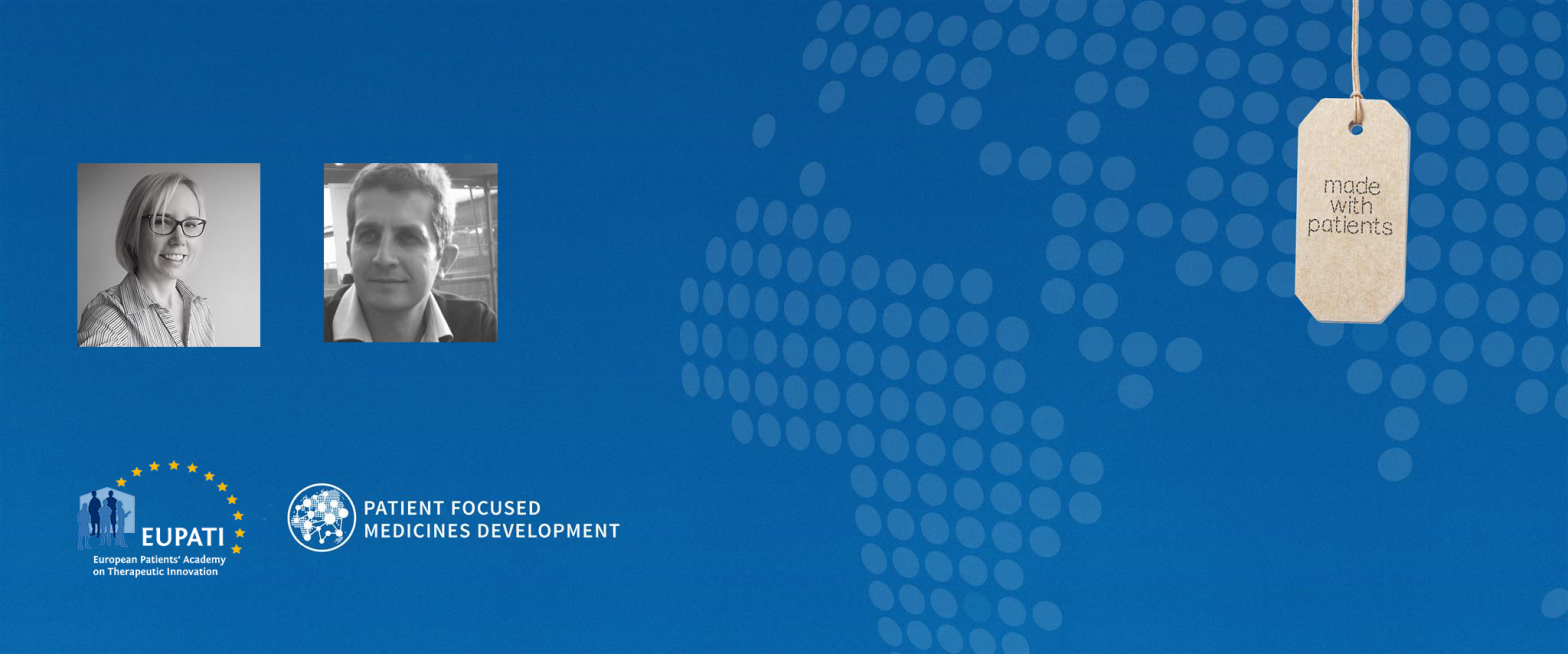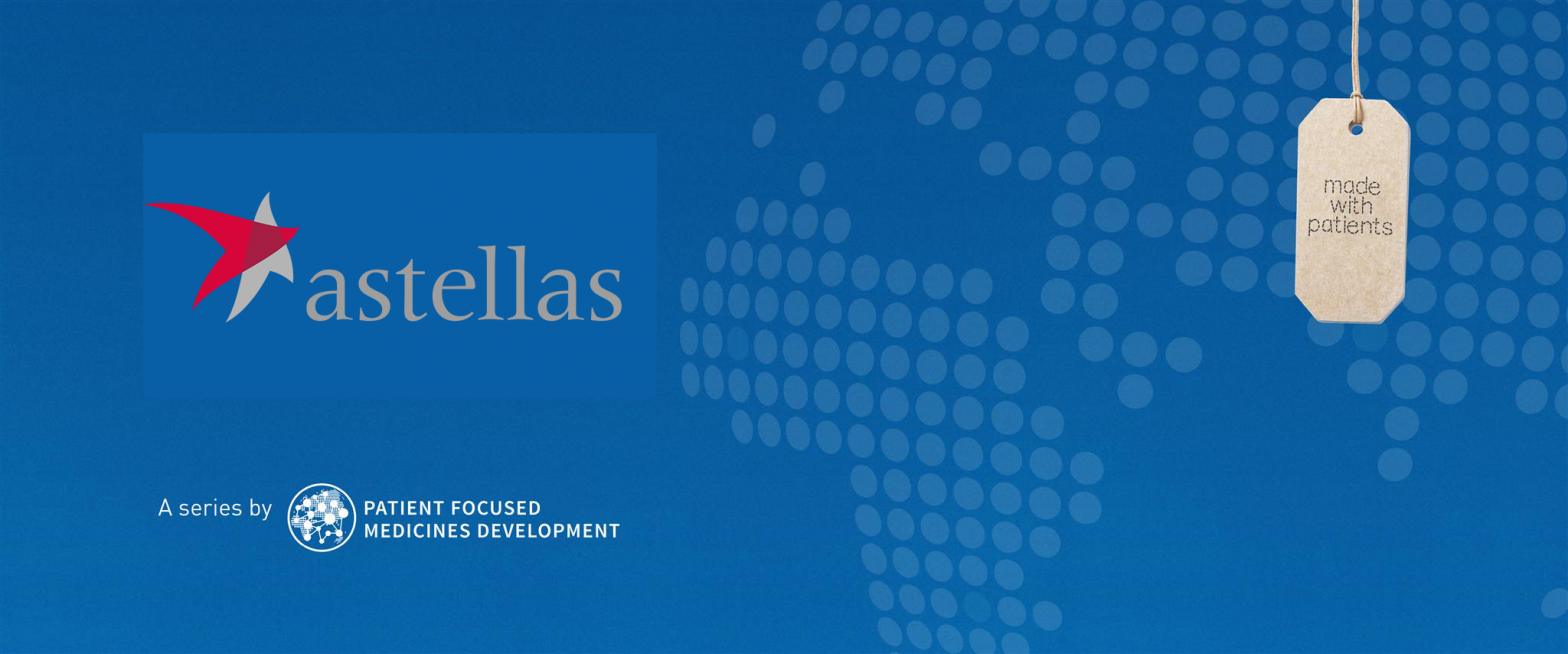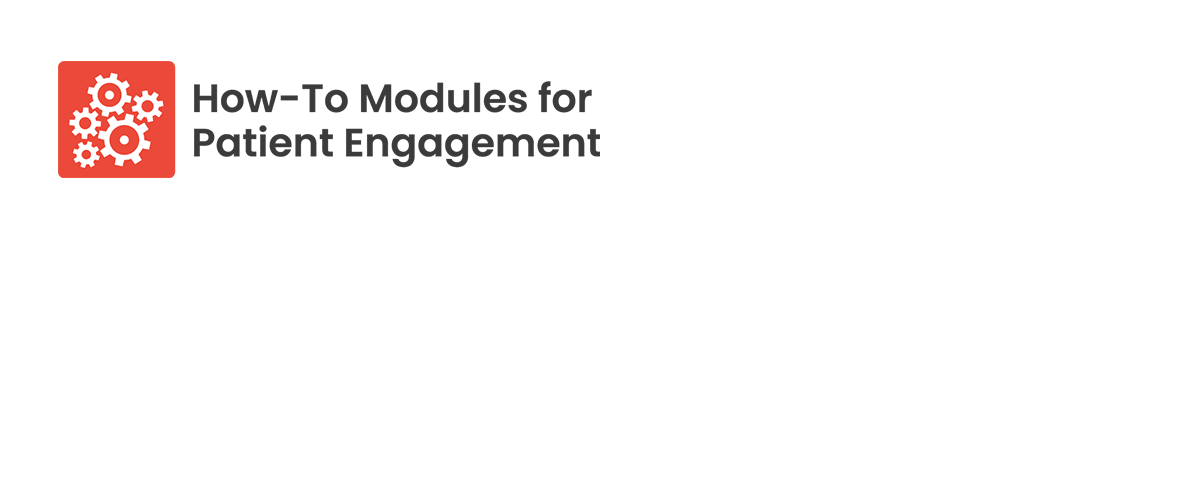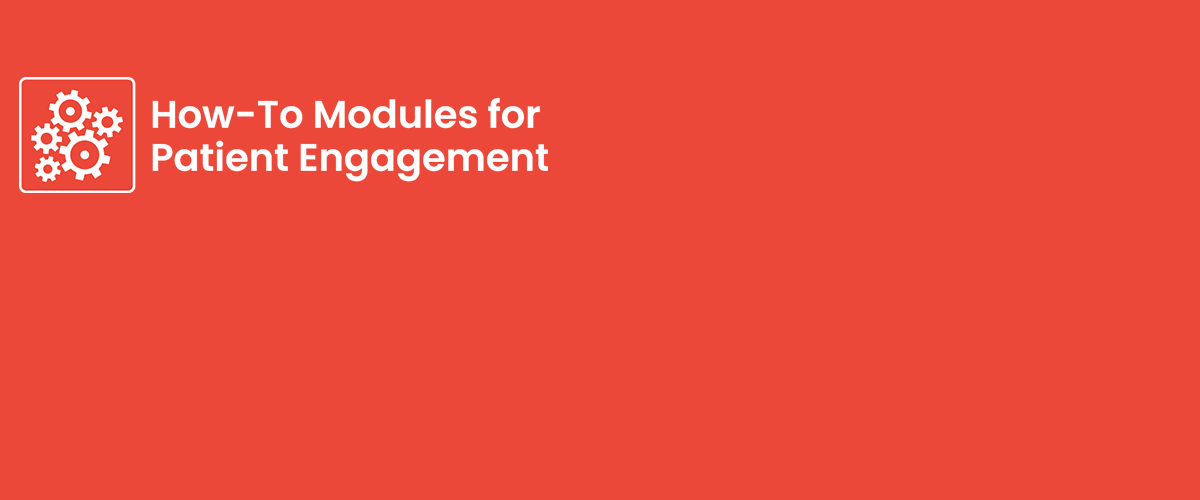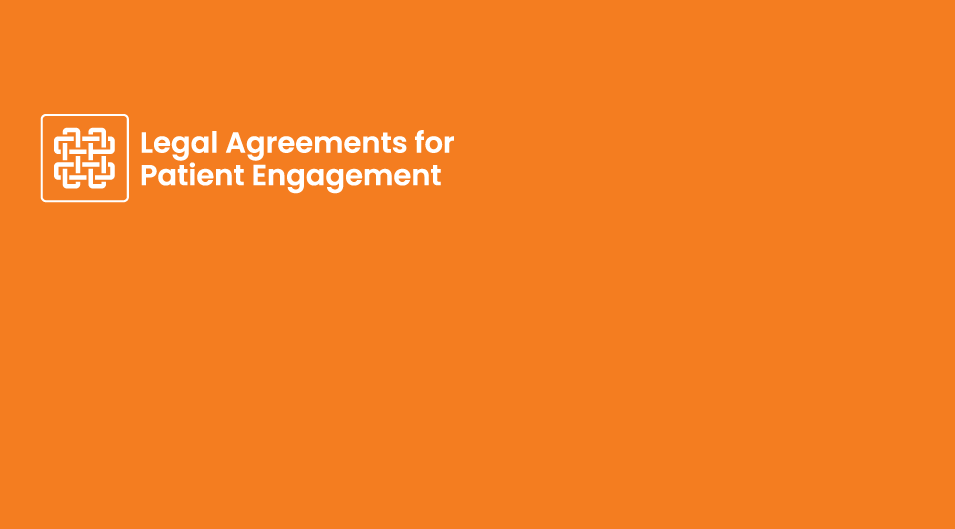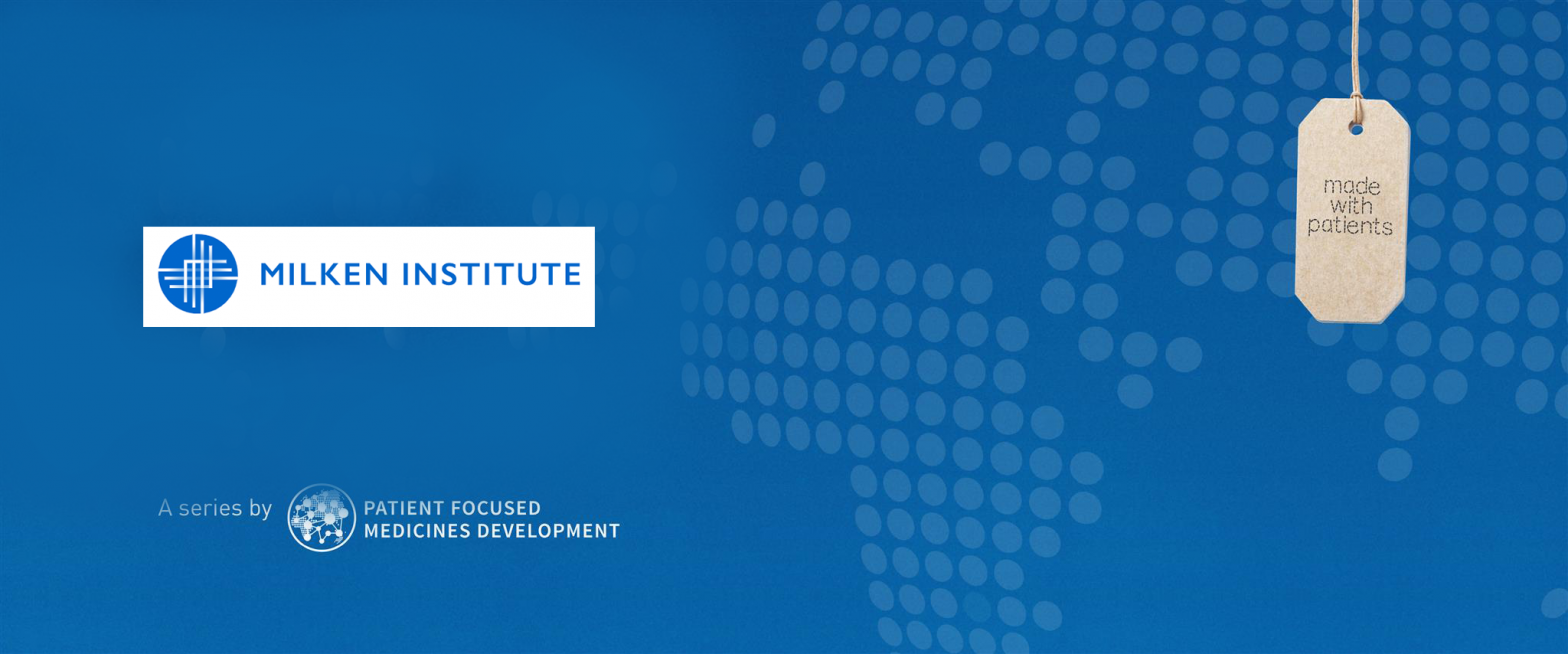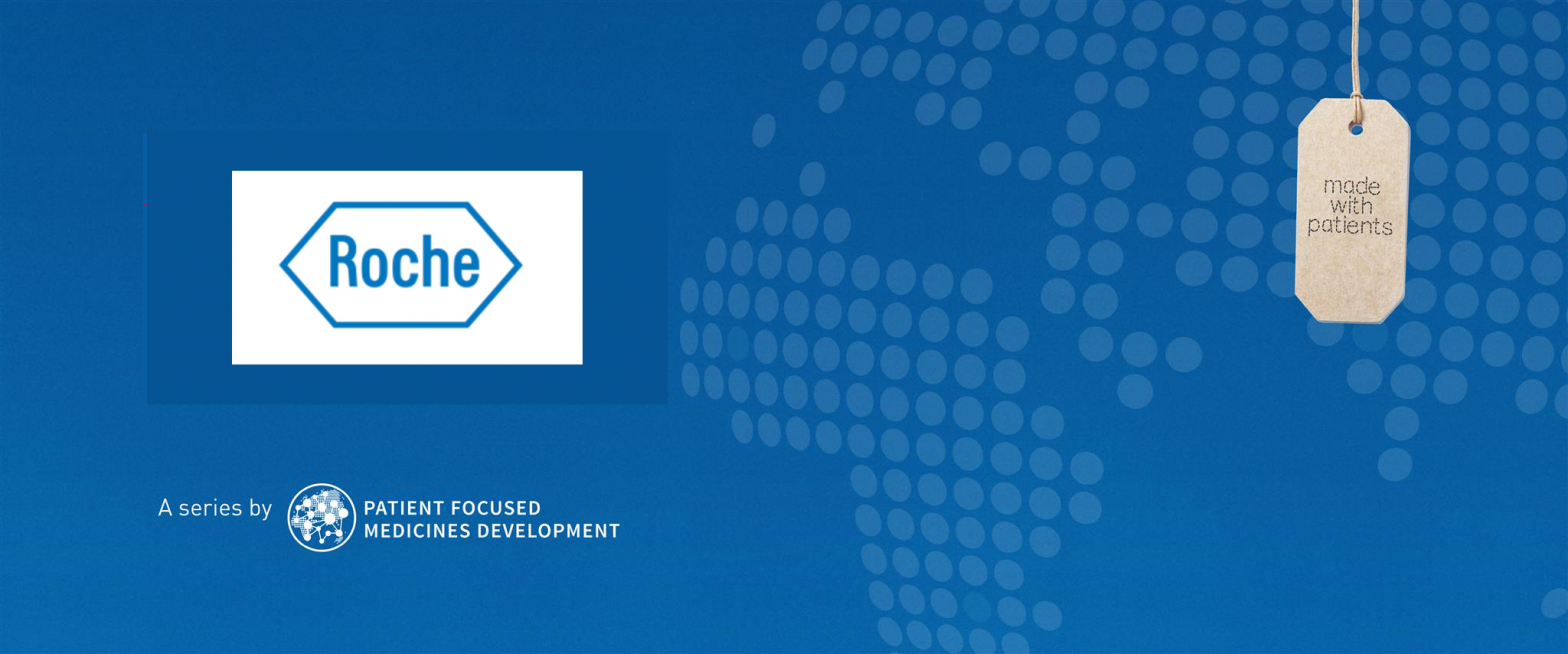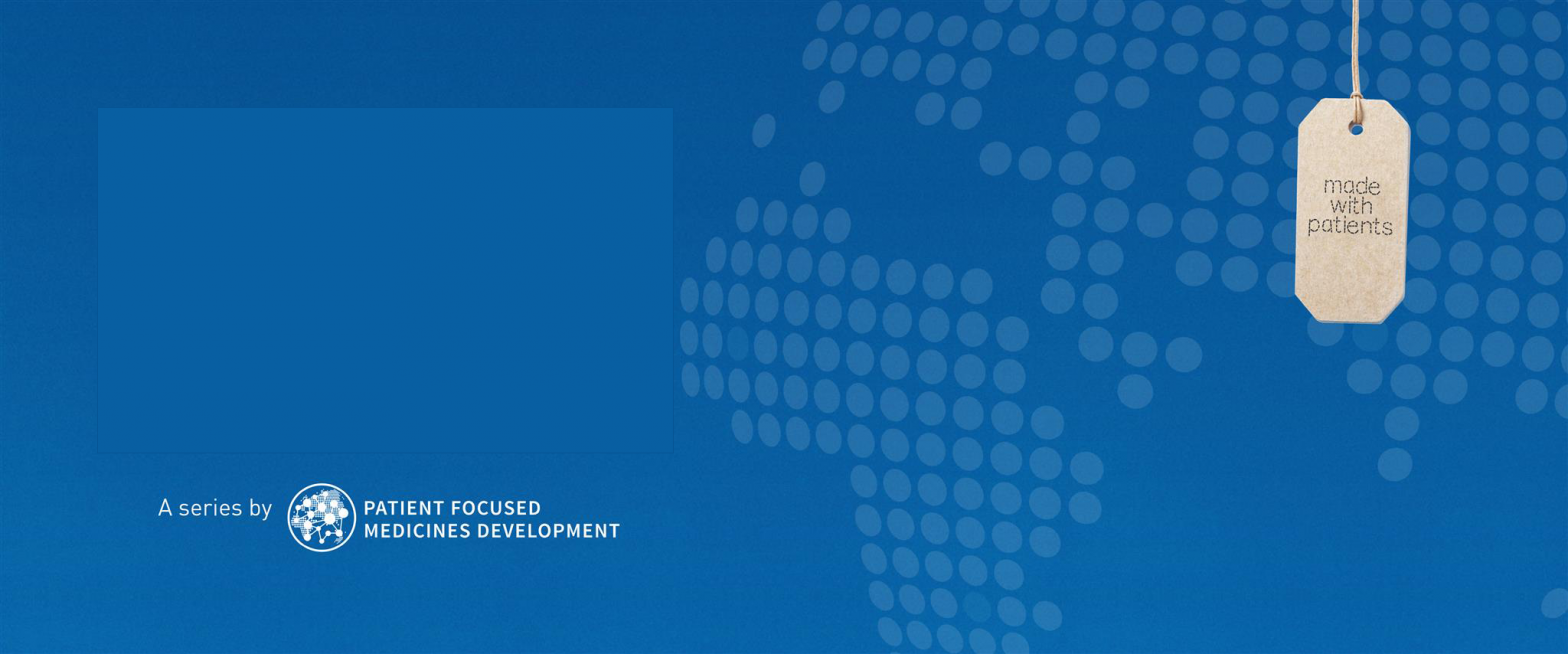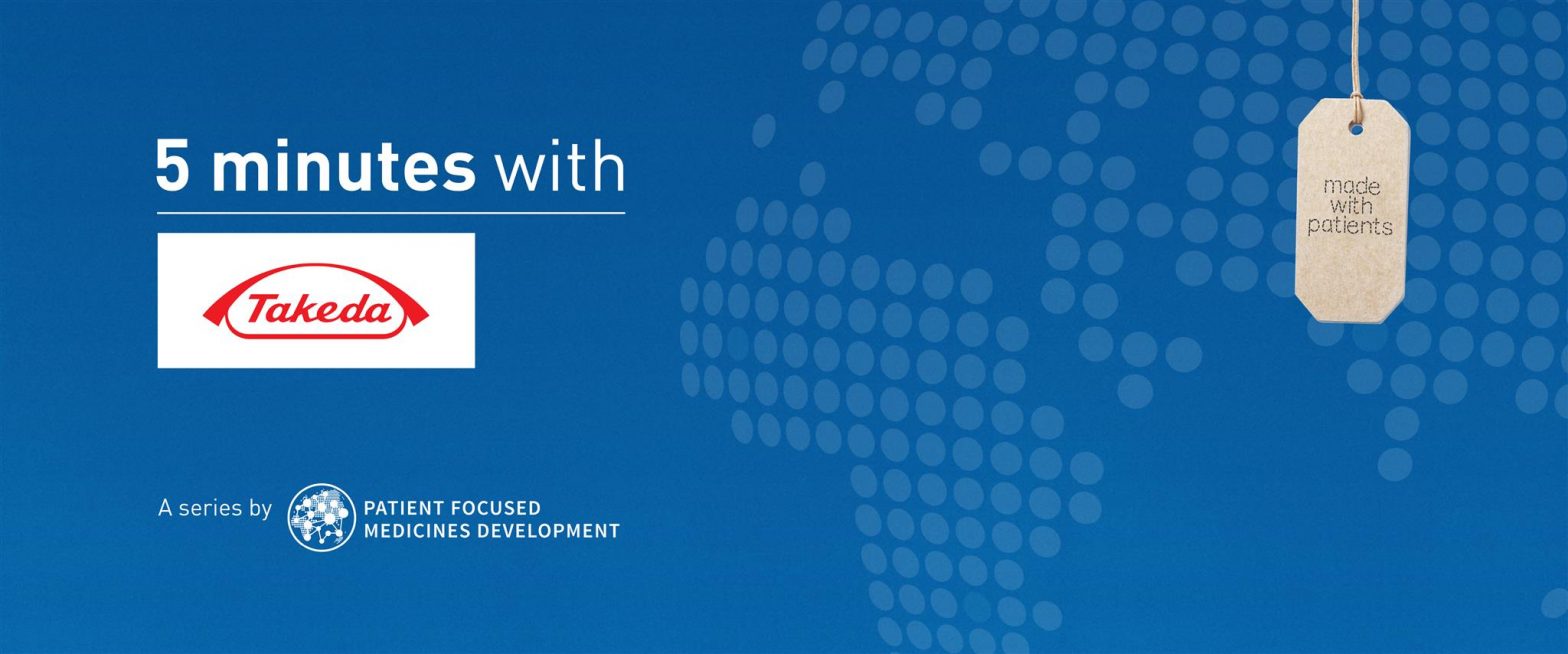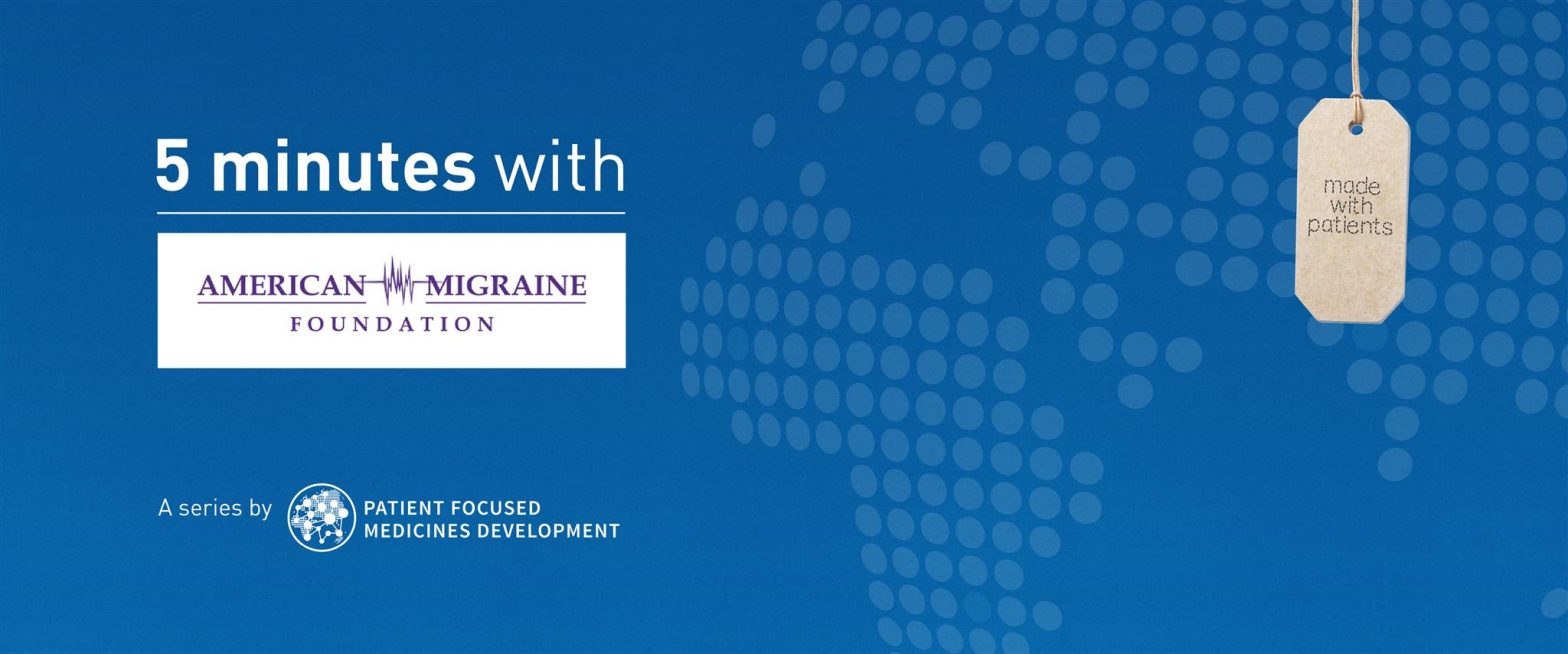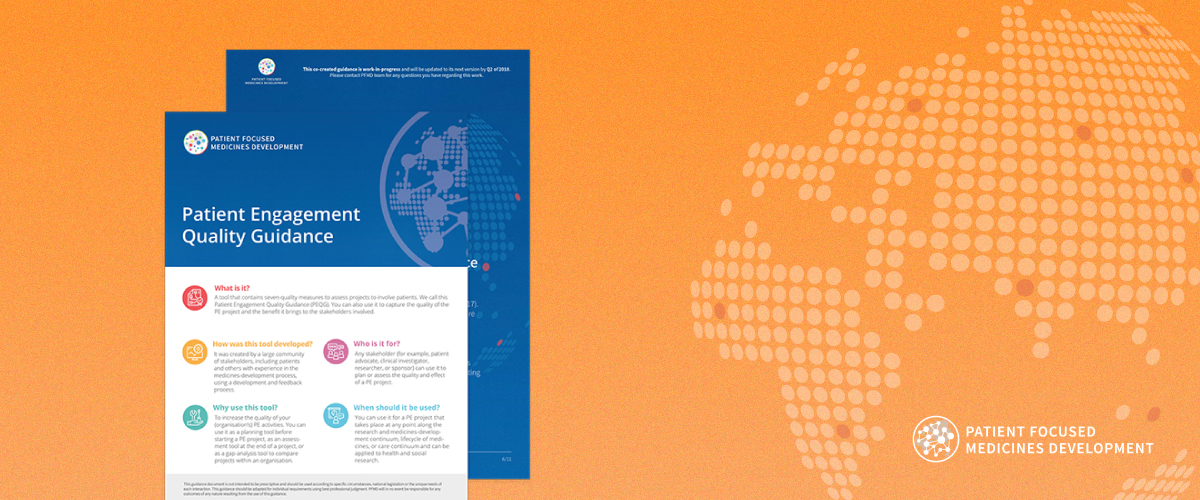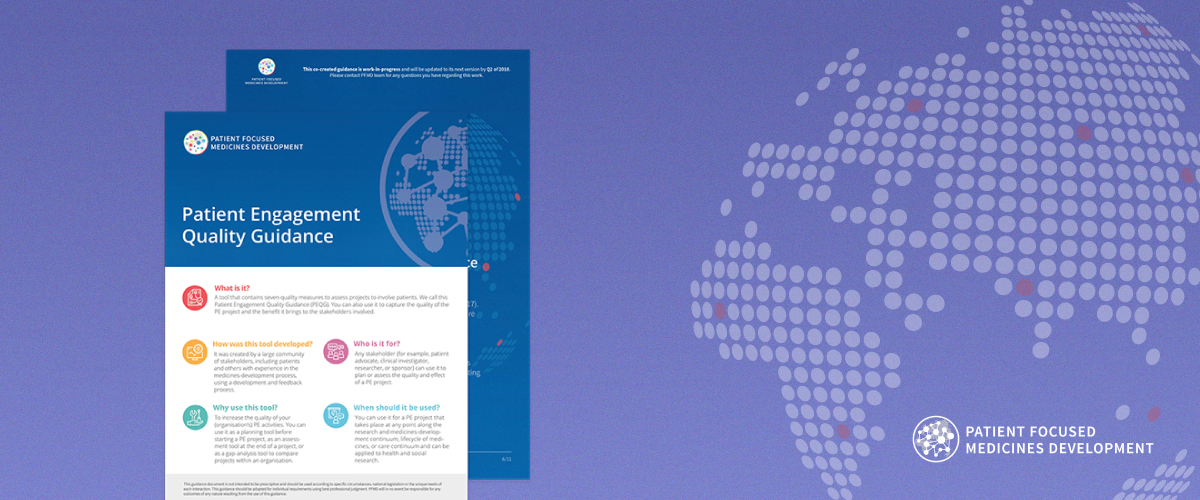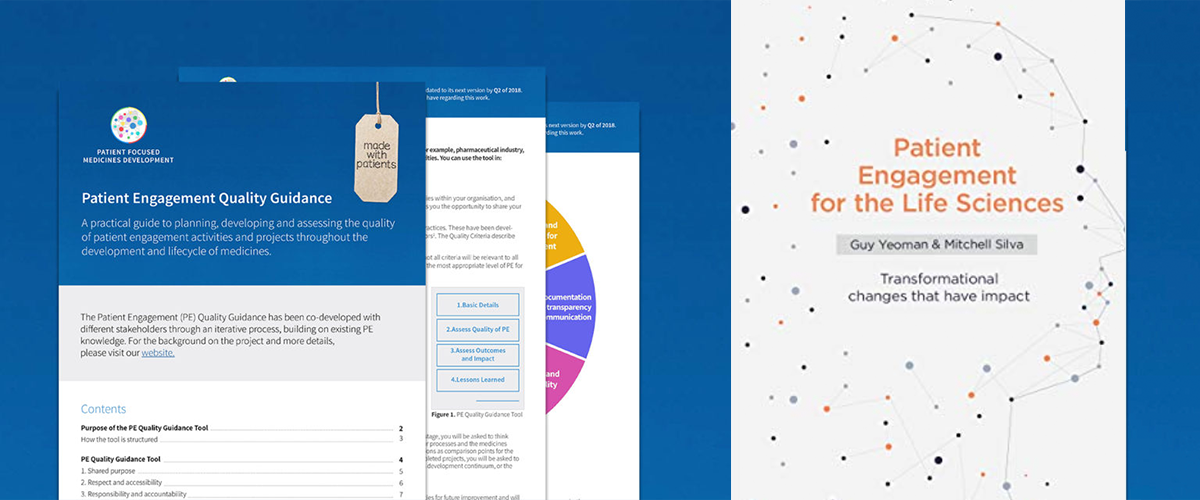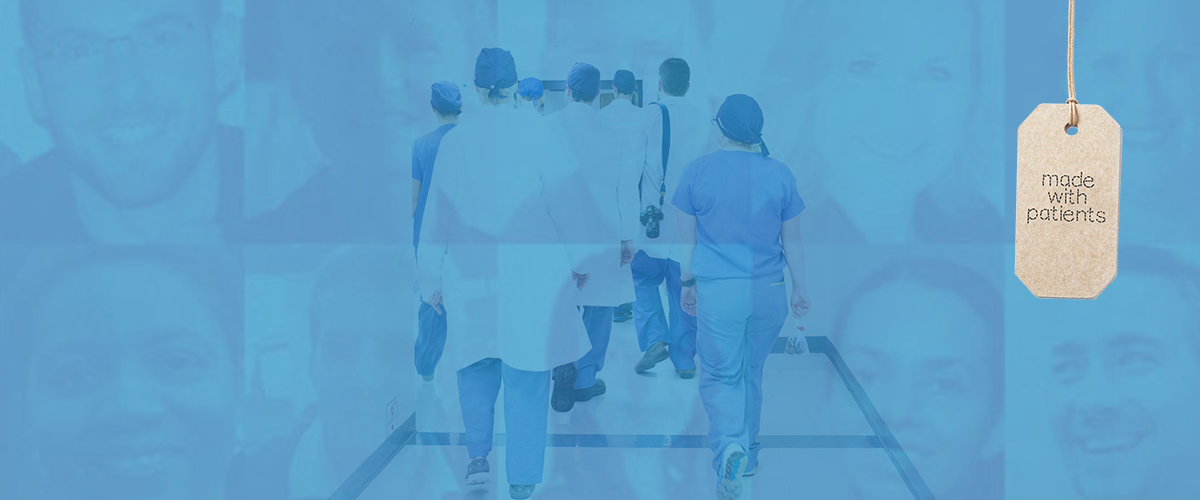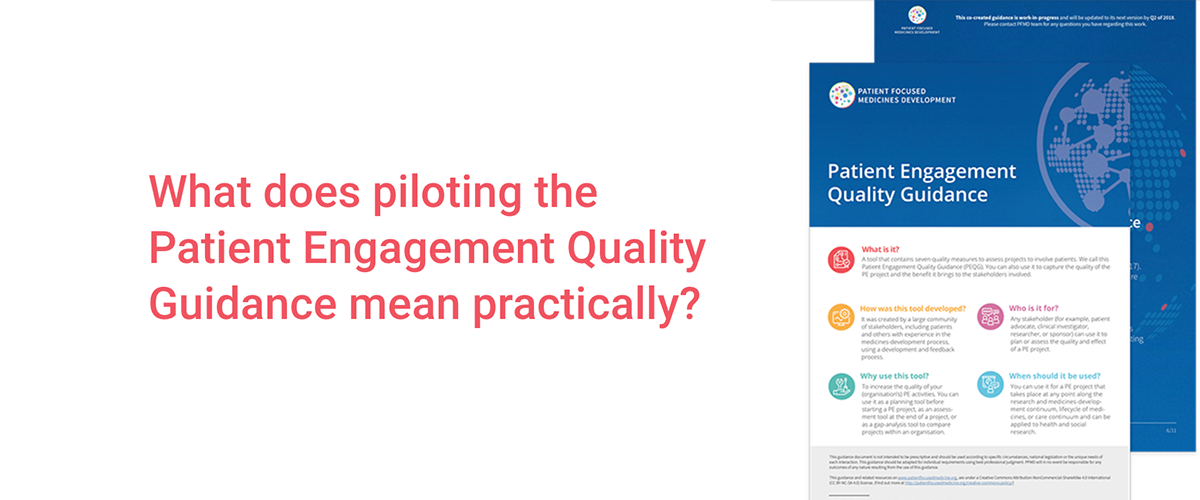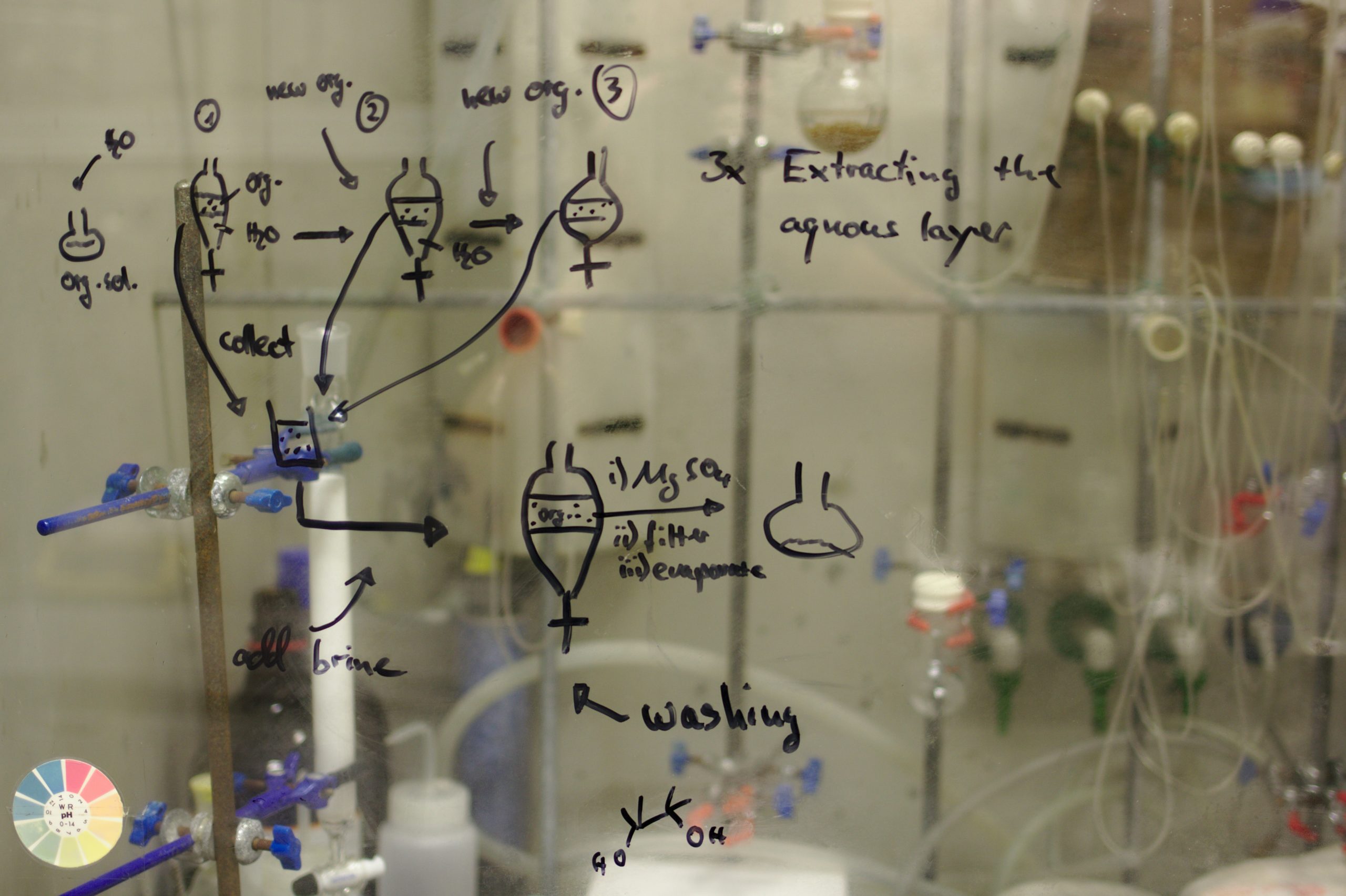 Esther Krofah, MPP, is the executive director of FasterCures, a center of the world-renowned Milken Institute. Having recently joined the board, she brings her extensive experience in the government, nonprofit, and for-profit sectors to PFMD. Krofah believes that successful and meaningful patient engagement in medicines development will be achieved by bringing multiple stakeholders together – and not simply the obvious ones.
Esther Krofah, MPP, is the executive director of FasterCures, a center of the world-renowned Milken Institute. Having recently joined the board, she brings her extensive experience in the government, nonprofit, and for-profit sectors to PFMD. Krofah believes that successful and meaningful patient engagement in medicines development will be achieved by bringing multiple stakeholders together – and not simply the obvious ones.
“I have a long background in federal and state healthcare,” says the Washington DC-based leader in biomedical research, development, and public policy.
“I’ve had the opportunity to see our healthcare system in the US from many different vantage points. Just shortly before I came to FasterCures I led policy engagement with the U.S. Department of Health and Human Services for GlaxoSmithKline and worked across the various different therapeutic areas from vaccines, to HIV, to lupus, to address how we can increase access to critical medication for patients in this country and also addressing the kinds of policy initiatives we would like to tackle from a global health perspective and bringing different stakeholders together,” she explains.
In addition, Krofah served in the US Government during the Obama administration; as the Deputy Director of the Office of Health Reform, she was responsible for helping to implement the Affordable Care Act, the revolutionary legislation that meant millions of US citizens could finally access healthcare.
Krofah says this experience was pivotal in teaching her why effective and implementable health policy matters. Her current work at FasterCures, which is devoted to accelerating access to life-saving medical treatments for patients, makes her a perfect fit for PFMD.
“I have had so many opportunities, and certainly now at FasterCures I have the ability to look at biomedical innovation end to end and identify how to advance the right policy,” she says. “My work at the federal and state level has been really helpful in understanding what the regulatory and legislative strategies will be to address some of the challenges we are taking on.”
Krofah praises the efforts of PFMD in uniting all elements of the healthcare ecosystem to ensure the patient’s voice is heard throughout the entire drug development process.
“I am very impressed with the work that PFMD is doing in bringing different stakeholders together, particularly the focus on how patients need to be integrated in medical product development end to end,” she says. “That resonates very closely with our mission, which is that the system should be designed by the patient, advanced for the patient and they should be brought along and integrated into critical thinking, from science-related issues to access.
“We have had over 20 years experience working with foundations that fund medical research at FasterCures and I hope to bring all of our best practices and knowledge that we have accumulated over the years to PFMD and to round out how we can really ensure that these organisations thrive. They have a critical role and we hope to see that expanded.”
Despite this, Krofah admits that, as a movement, PE can sometimes still feel somewhat “nascent”.
“In terms of engaging patients meaningfully there are still organisations, entities and institutions that are doing it better than others. I don’t think we have across the board uptake in the way that patients would desire for their voice to be heard,” she says.
“The one thing I think is important to think about is who is not around the table that should be around the table. For example, there might be non-traditional players in this effort but we can see them playing a more unique role. That’s critical.”
As a new board member, the pharma alumnus also hopes to work with innovative biopharmaceutical organisations keen to begin or improve meaningful engagement with patients on the ground.
“As companies are thinking critically about how they can meaningfully bring patients into designing clinical trials, addressing unmet patient needs, and the role that patient data could play in some of the decisions that companies make, I am looking forward to working with companies curious to know what that roadmap looks like and how to work on those issues together. I see us doing that very much in partnership with PFMD,” says Krofah.
Indeed, according to Krofah, PFMD plays a critically important role in uniting the key players in healthcare, so that every party understands the crucial voice of the patient.
“I think PFMD has a great role to play in giving and providing the kinds of tools and resources to equip organisations to be able to implement patient engagement in a meaningful way. We believe that is absolutely critical. When you look at all the different parts of the healthcare system, increasingly we see a movement towards value and how the different parts of the ecosystem are delivering value on behalf of patients and how can we improve health outcomes,” she says.
“That is absolutely essential to do in partnership with patients who are experiencing these diseases or conditions, and we need to bring that same kind of thinking to medical innovation too.”










